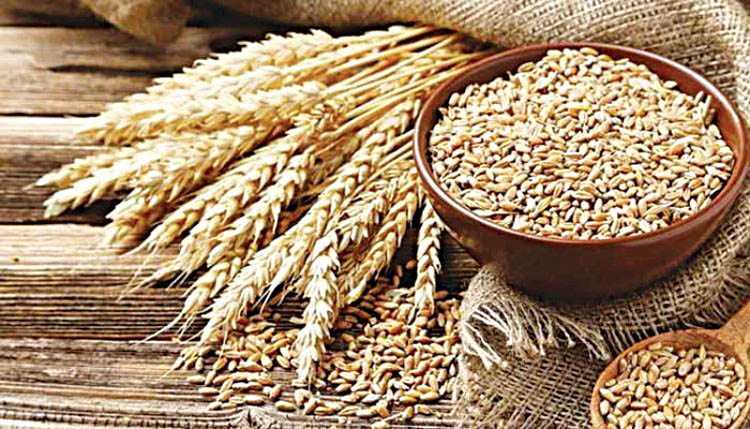New Delhi, Sep 13 (FN Bureau) As part of continuous efforts to moderate prices of wheat, Central Government has decided to revise the Wheat Stock limit with traders/wholesalers, retailers and big chain retailers to prevent hoarding and price rise. As per the revised limits, the traders and wholesalers are now allowed to keep 2000 metric tonnes of wheat from existing limit of 3000 metric tonnes, an official statement said. There is no change in the limit of retailers as it continues to be 10 metric tonnes, Ministry of Consumer Affairs, Food & Public Distribution said. In order to manage the overall food security and to prevent hoarding and unscrupulous speculation, the Government of India had imposed stock limits on Wheat applicable to Traders/Wholesalers, Retailers, Big Chain Retailers and Processors in all States and Union Territories.
The Removal of Licensing Requirements, Stock Limits and Movement Restrictions on Specified Foodstuffs (Amendment) Order, 2024 was issued on 24 June 2024 and was applicable until 31st March 2025 for all States and Union Territories. Government of India keeps a close watch on the prices of wheat and takes suitable appropriate interventions to ensure price stability for the consumers in the country. A total production of 1129 LMT of wheat was recorded during Rabi 2024 and there is ample availability of wheat in the country, the government said in a release. All wheat stocking entities are required to register on the wheat stock limit portal and update the stock position on every Friday. Any entity which is found to have not registered on the portal or violates the stock limits will be subject to suitable punitive action under Section 6 & 7 of the Essential Commodities Act. In case the stocks held by above entities are higher than the above prescribed limit, they shall have to bring the same to the prescribed stock limits within 15 days of issue of the notification. Officials of Central and State Governments will be closely monitoring enforcement of these stock limits to ensure that no artificial scarcity of wheat is created in the country.

